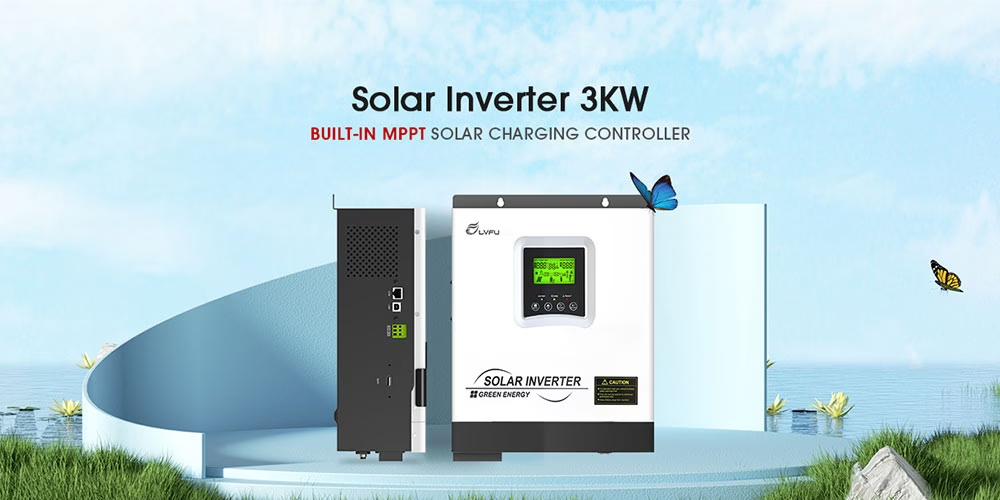The rapid development of renewable energy and the growing need for a dynamic balance between energy supply and demand are making energy storage technology increasingly important.
As a key energy conversion device, the energy storage inverter plays a vital role in this process.
Essentially, energy storage inverters maintain a balance between energy storage and output by converting electrical energy into stored potential energy and releasing it when needed.
In the following sections, we will detail the advantages of energy storage inverters and their important functions in renewable energy and power systems.

Energy balance and scheduling flexibility
As a key device for energy storage and output, the energy storage inverter offers significant flexibility in energy scheduling.
For example, it can store excess electrical energy during periods of high production and release it during peak demand times, thereby helping to balance the grid load.
This flexible energy dispatch enhances the stability and continuous supply of the power system.
Addressing the challenges of intermittent energy
Renewable energy sources, such as wind and solar power, exhibit intermittency and uncertainty, creating challenges for power systems.
To tackle this, energy storage inverters convert electricity from these intermittent sources into reliable stored energy and release it when needed.
As a result, they provide a continuous power supply and serve as an important technical solution to mitigate the volatility of renewable energy.
Improve the stability and reliability of the power system
Energy storage inverters contribute significantly to the stability and reliability of power systems.
They can respond quickly to grid demands, provide emergency backup power, and ensure smooth power switching during outages or emergencies.
Moreover, energy storage inverters help achieve uninterrupted power supply, minimizing the impact of power interruptions on users.
Thanks to these features, energy storage inverters have become essential components in modern power systems.
Energy efficiency and conservation
Another notable advantage of energy storage inverters is their high efficiency and energy-saving performance during energy conversion. They effectively convert electrical energy from one form to another while minimizing energy loss.
This efficient conversion process helps improve overall energy utilization, reduce energy consumption, and decrease reliance on traditional energy sources.
Therefore, the energy-saving characteristics of energy storage inverters make them crucial for sustainable energy development and environmental protection.
Application fields of energy storage inverters
Energy storage inverters are widely used across various fields.
In distributed energy systems, for instance, they are used to store electricity generated from renewable sources and enable interaction with the grid.
In the field of electric transportation, energy storage inverters facilitate the charging and discharging of electric vehicles, offering convenient energy storage and output.
Additionally, they are extensively applied in microgrids, solar photovoltaic systems, wind energy systems, and many other areas.

